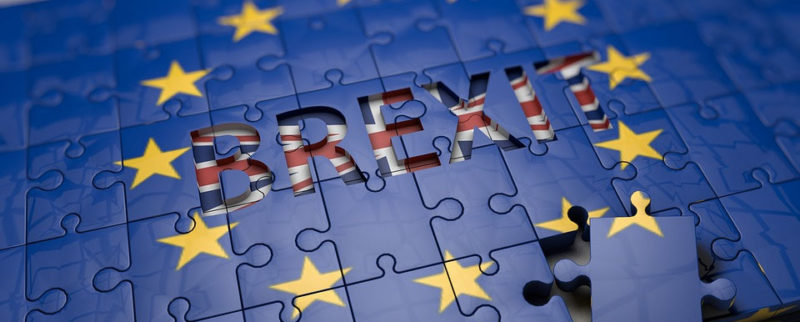The British parliament yesterday rejected prime minister May’s Brexit proposal.
Are we now really headed for a hard Brexit, or can we share the optimism of Guy Verhofstadt who said this morning on Radio 1 that last night’s vote made it clear there is a large majority against crashing out?
The next 70 days will be crucial, beyond a doubt.
Perhaps we should prepare for the worst and hope for the best.
The EU Commission has published a detailed review of all the things that are liable to change.
For example, concerning trade, taxation and a customs union you will find information on customs and indirect taxation, import and export certificates, intellectual property, preferential rules of origin and VAT.
In our previous blog we described six measures that you can take in the short term, but other things demand more time.
Below are six other measures that are worth considering.
- Permits
There are quite a lot of permits that will greatly simplify customs formalities. Do these all still apply to trade between the UK and EU?
- temporary imports
- temporary storage space
- approved site
- transit accompanying document, authorised consignee
- transit accompanying document, authorised consignor
- bonded warehousing
- particular destinations
- outward processing
- inward processing
- Anti-dumping measures
It is still open to question whether so-called third countries (South Korea, Japan, Mexico etc.) intend to sign trade agreements with the UK, or if they will recognise any preferential trade conditions between the UK and the EU. In both cases this will have implications for anti-dumping measures.
- New customs procedures
The European and British customs procedures will no longer be identical. You should regularly consult the UK Customs & Excise website.
- New rules on origins and tariffs
There will certainly be new product codes (tariff rules) and new rules concerning the origin of products.
For an explanation see: https://economie.fgov.be/nl/themas/ondernemingen/brexit/verkeer-van-goederen-en/brexit-oorsprongsregels
- Declared value
As long as the UK was a member of the EU you didn’t have to worry about the declared value of the products. This is all set to change.
- Getting your AEO certificate
At the moment there is no mutual recognition between the UK and the EU concerning AEO certification. In view of the time it takes to get this certification, you should start the process now.
By the way, did you know that Intris has AEO certification for communication with Customs & Excise?

